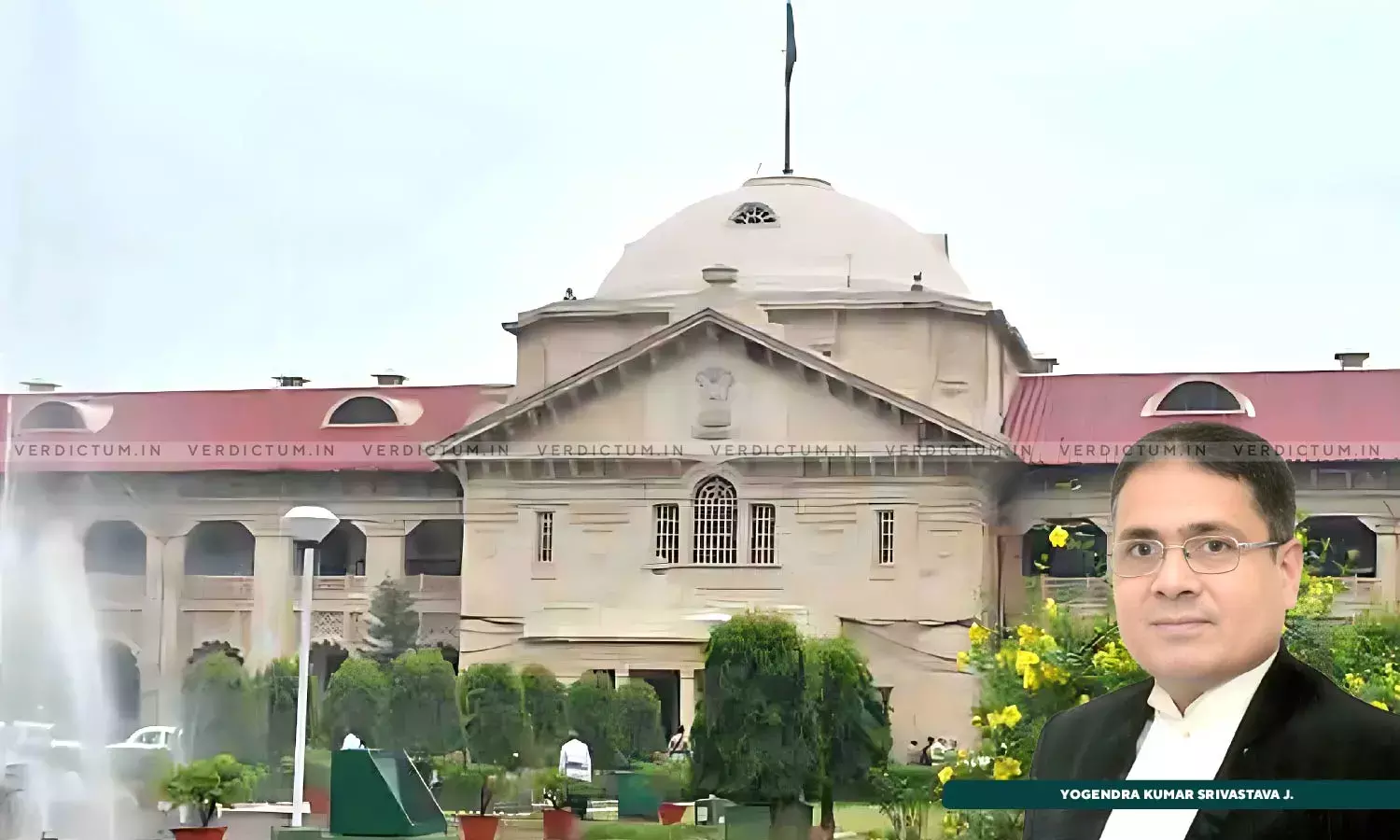Inquiry By Magistrate At The Stage Of Issuance Of Process Is Only To Ascertain The Truth Or Falsehood Of Complaint: Allahabad HC
The Allahabad High Court observed that inquiry under Section 202 CrPC by the magistrate at the stage of issue of process under Section 204 CrPC is only to ascertain the truth or falsehood of the complaint.
The Court was hearing a petition seeking to assail the summoning order passed in the Complaint Case under Sections 307, 506, and 34 IPC, and the subsequent order passed in Criminal Revision, in terms of which the earlier order has been affirmed.
The bench of Justice Yogendra Kumar Srivastava observed, “The object of the inquiry under Section 202 is not akin to a trial, which can only take place after issuance of process. The inquiry made by the Magistrate, at this stage, is only to ascertain the truth or falsehood of the complaint, with reference to the intrinsic quality of the statements made before him at the inquiry, which would mean the complaint, the statement on oath made by the complainant and the statements made by persons examined at the instance of the complainant. At the stage of issue of process under Section 204, the Magistrate is only to decide whether there exists sufficient ground or not for proceeding in the matter.”
Advocate Phool Singh appeared for the Appellant and AGA-I Prem Prakash Tiwari appeared for the Respondent.
Brief Facts-
It is submitted by the complainant that petitioner Kailash was assigned the role of firing with a pistol, and the other petitioner was assigned the role of exhortation. The complaint allegations were supported by the statements under Section 200 and 202 Cr.P.C., and also that the medical report is indicative of the firearm injuries.
The Court noted that Section 200 provides that the Magistrate taking cognizance of an offence on a complaint shall examine upon oath the complainant and the witnesses present, if any, and that the substance of such examination shall be reduced to writing and shall be signed by the complainant and the witnesses, and also by the Magistrate
The Court further noted that the object of such examination is to ascertain whether there is a prima facie case against the person accused of the offence in the complaint and to prevent the issue of process on a complaint that is either false or vexatious or intended only to harass such person.
The Court also noted that the provisions contained under sections 200, 202 and 204 of the Code and the degree of satisfaction required to be recorded at this stage by the Magistrate were the subject matter of consideration in S.W. Palanitkar and Others v. State of Bihar and Another where it was held that the test which was required to be applied was whether there is "sufficient ground for proceeding" and not whether there is "sufficient ground for conviction".
The bench further observed that in the given case the allegations in the complaint are supported in the statement made on oath by the complainant during examination under section 200 and also by the statements of the witnesses recorded during inquiry made by the Magistrate under section 202.
Accordingly, the Court noted that the order summoning the accused petitioners passed by the trial court indicates that the same has been passed taking due consideration of the material available on record.
Finally, the Court dismissed the petition under Article 227 of the Constitution.




